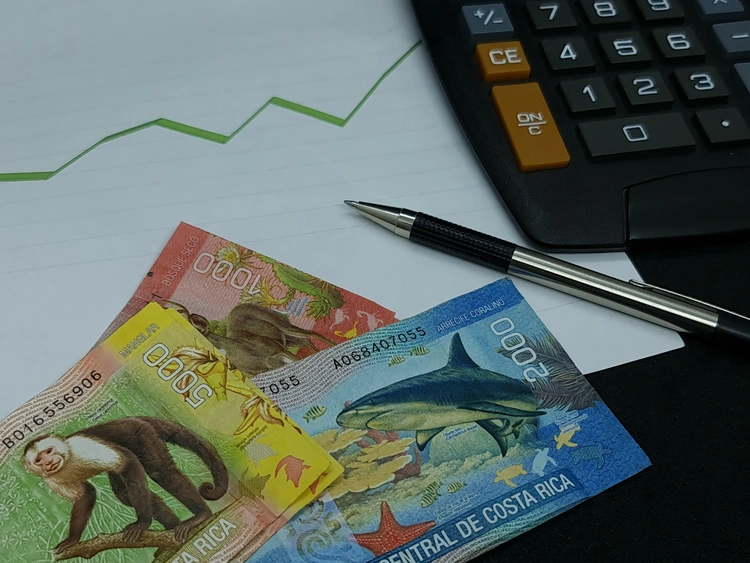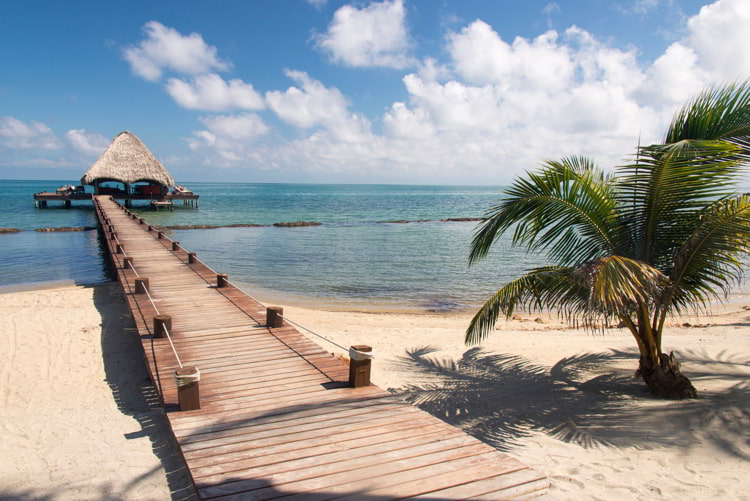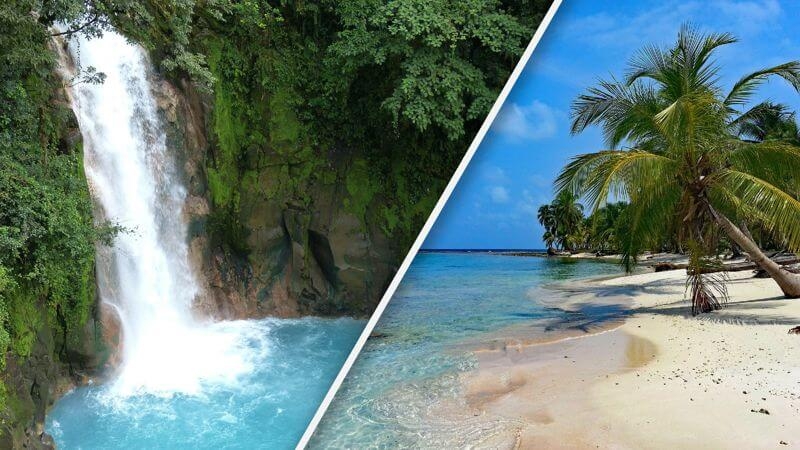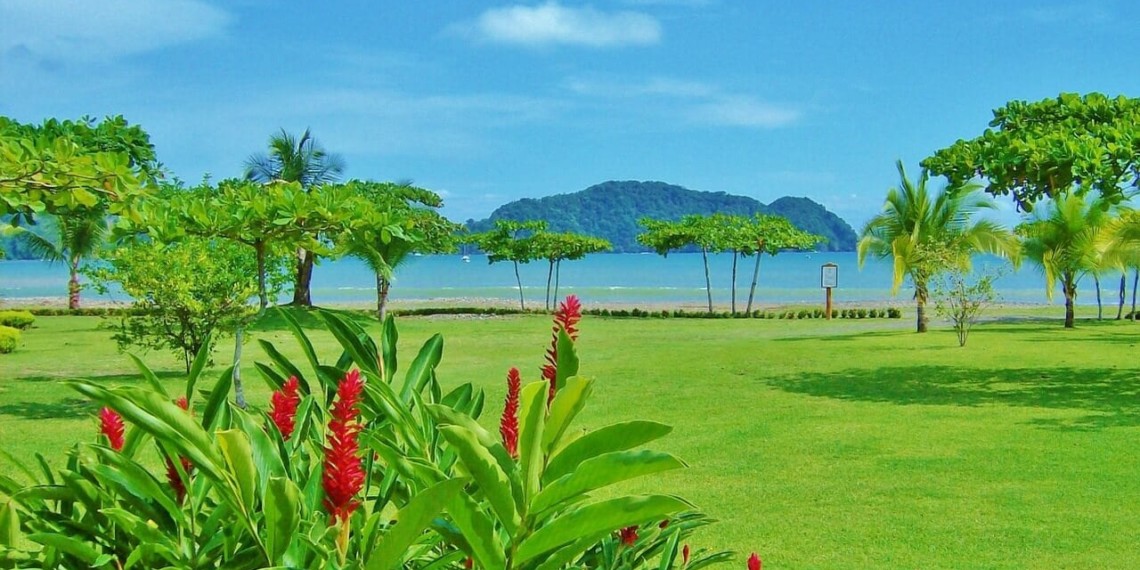Costa Rica’s Tax System, A Main Player For Expats
The tax system in Costa Rica is one of the main reasons that the country is a top retiring spot for expats. The principle of territoriality reigns here– which means only personal income earned within the country is taxable.
All foreign sources are tax exempt, and US social security and pension income also don’t generate taxes.
Still, you’ll have to pay your dues back in the US to the IRS, since America charges taxes on all your international income.
You can mitigate most of that debt however by alluding to the Foreign Earned Income Extension, or FEIE. This exclusion mitigates up to US$120,000 in incomes received out of the country if you can prove you’ve lived outside the US for more than 330 days a year. That means if you earned less than the previously mentioned amount in a 12 month period, you pay no taxes. You can live tax-free.
It’s also a good idea to be familiarized with the tax system of Costa Rica if you are planning a move there. Here are the types of taxes that you have to look out for as an expat:
Sales Tax (Impuesto Al Valor Agregado)
The Impuesto al Valor Agregado, or IVA, is the official name of the sales tax in Costa Rica. The basic products list (Canasta básica), includes necessary items like fruits, vegetables, some grains, meat, medicine, and some educational products for a reduced tax rate.
Everything else is subject to a 13% sales tax, though the Costa Rican government has discussed raising this tax up to 15%.
Everything else is subject to a 13 percent sales tax. recently. the Costa Rican government is in the talks to increase this tax up to 15%.
Income Tax (Impuesto Sobre La Renta) In Costa Rica
Generating income in Costa Rica, either in person or through a corporation, will result in Costa Rican income tax. There are different tax brackets for income coming from salary, corporate, or “profitable activities.”
A tax return must be filed before December 15 of every year, and the tax year goes from October 1 to September 30.
Here’s a table of Costa Rican salary tax rates for individuals:
Income Tax Rates In Costa Rica
Property Tax (Impuesto Sobre Bienes Inmuebles)
Holding property in Costa Rica makes you accountable for an annual property tax, which is payable quarterly. If you pay all year in one go, you can get a discount from the local municipality.
Regardless, this tax is not that expensive depending on where and how you live. You pay around 0.25% of the value of your property in the municipality. So an apartment valued for US$150,000 would generate around US$375 in debt yearly.
It is also recommended (but not required) to get your property appraised every five years, or else the municipality might determine its value for you, and you could face penalties.
Import Tax (Impuesto de Importación) In Costa Rica
More than a decade ago, Costa Rica’s former pensionado program allowed retirees to forget about import taxes. They could bring in most household items– and even their cars– almost duty-free. That’s not the case anymore.
Now, most imported items get taxed. Rates can go from 40% to 90% of the value of the article, and that doesn’t include actual shipping.
If you are planning to live in Costa Rica, the best way to go is to sell what you can’t bring with you and buy it once you are in the country. This especially holds true for cars, as costs of importing can cost as much as the original cost of the car itself. Just keep and mind that if it’s not a common model, finding spare parts can make the situation even hairier.
Corporation Tax (Impuesto a las Sociedades Anónimas)
Every constituted corporation in Costa Rica must pay a corporation tax, active or non-active.
Yearly Corporation Tax Rates In Costa Rica
Luxury Home Tax (Impuesto Solidario)
This tax applies to homes that surpass the 126 million Colones in estimated value (approximately $225,000).
Basically, Luxury property tax in Costa Rica is calculated like so (this applies for a home is no older than 5 years, with regular finishings):
Take total developed land (in m2) and multiply by $800. For every year of a property’s age, you can deduct 2% from the estimated value. This is only for quick rating purposes, as you need to hire a licensed appraiser to get a final appraisal.
If your developed land applies for the tax, then your whole property is taken into consideration for final taxing purposes.
Luxury home rates in Costa Rica apply as follows:
Luxury Home Tax Rates In Costa Rica
This tax applies to homes that surpass 145 million Colones in appraised value (approximately US$279,000) and ranges from 0.25% to 0.55% of the value of the home.
If your developed land applies for the tax, then your whole property is taken into consideration for final taxing purposes.
Luxury home rates in Costa Rica are as follows:
Road Tax (Marchamo)
After the second half of November and before the 31st of December, the Marchamo tax occurs.
Known as a vehicle circulation permit, the rates are value-based, and depend on the number and types of vehicles you own.








 . '
. '
 . '
. '
 . '
. '
 . '
. '







